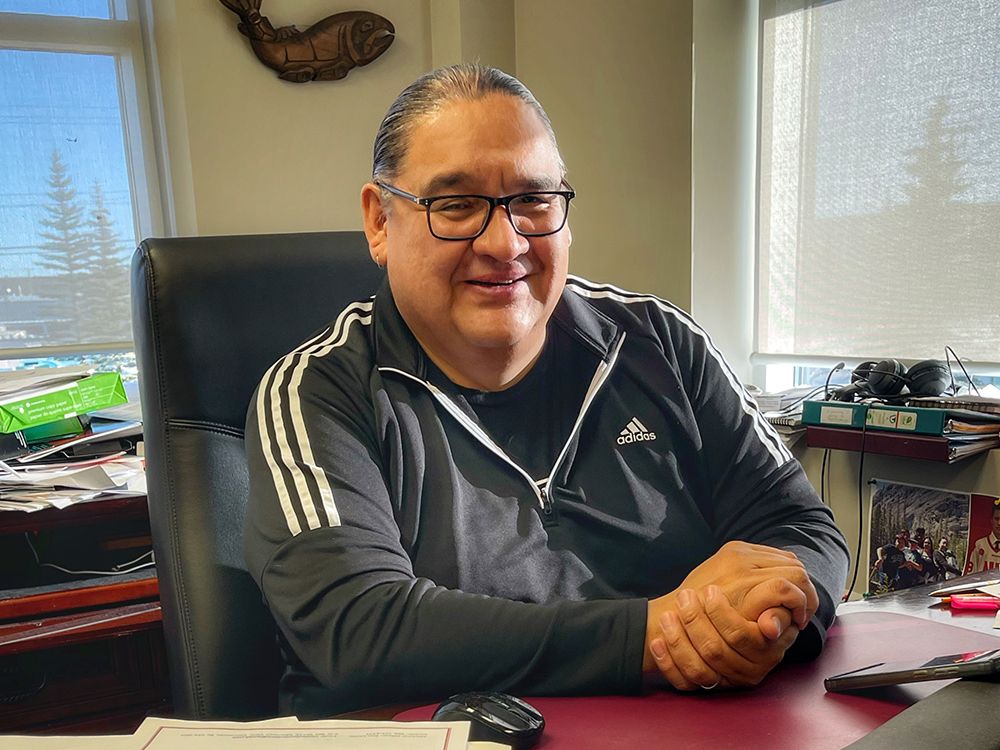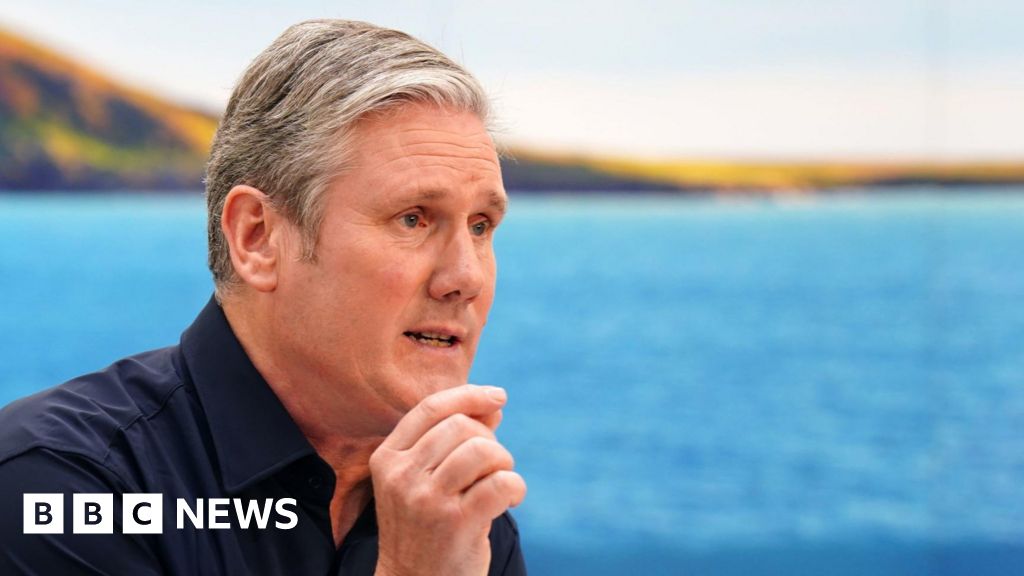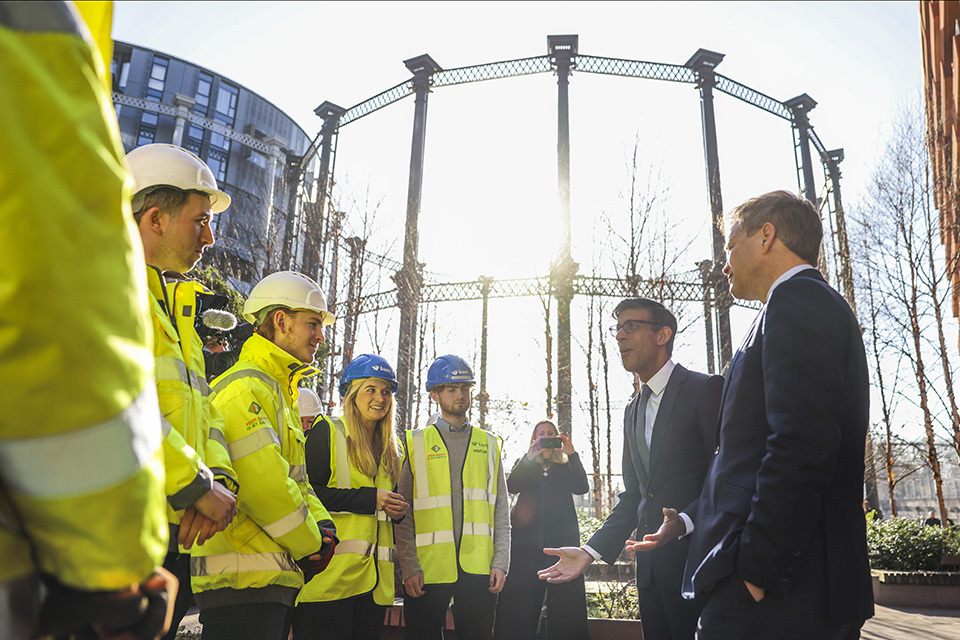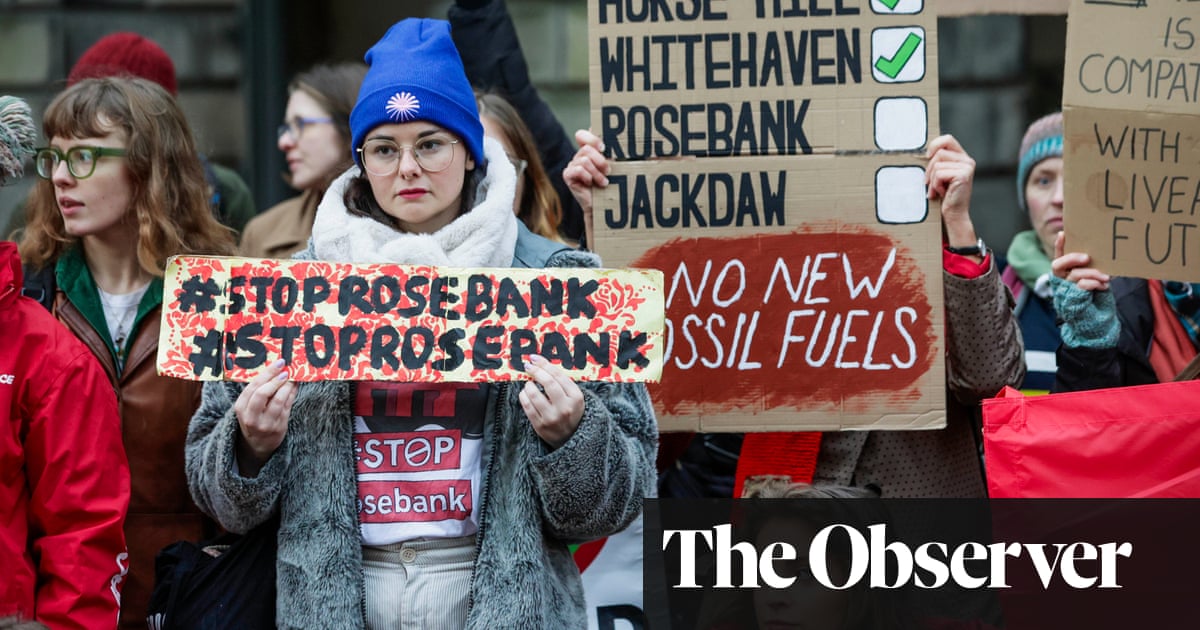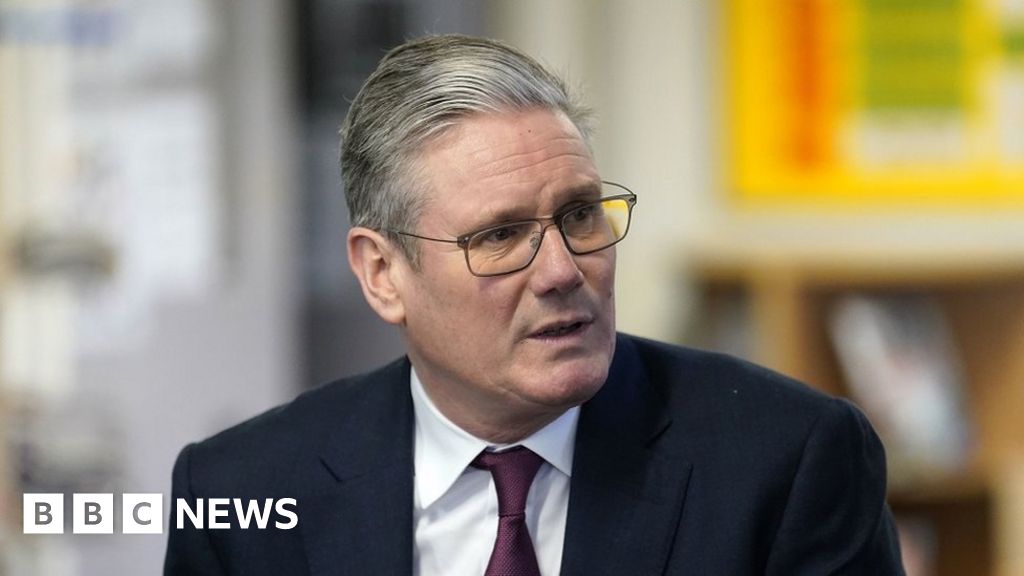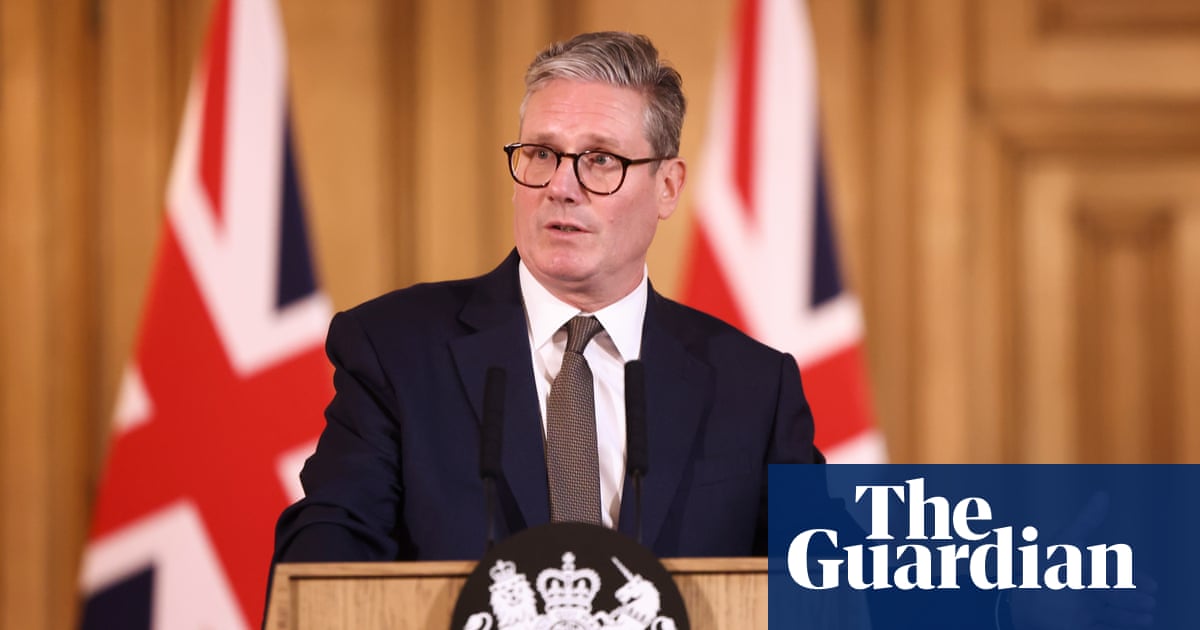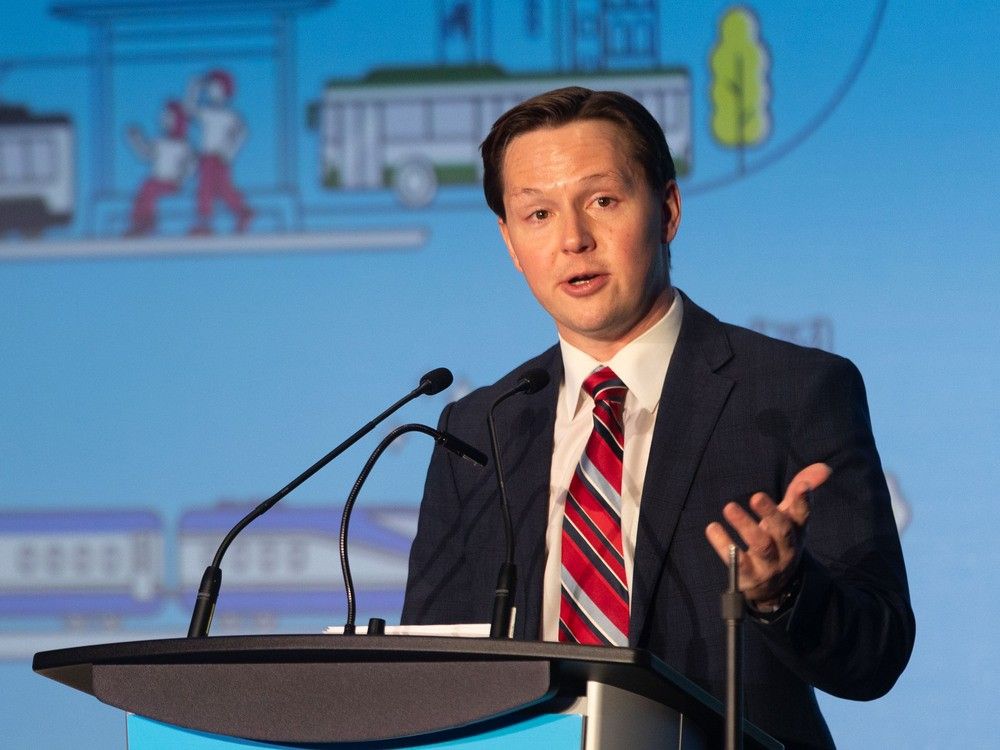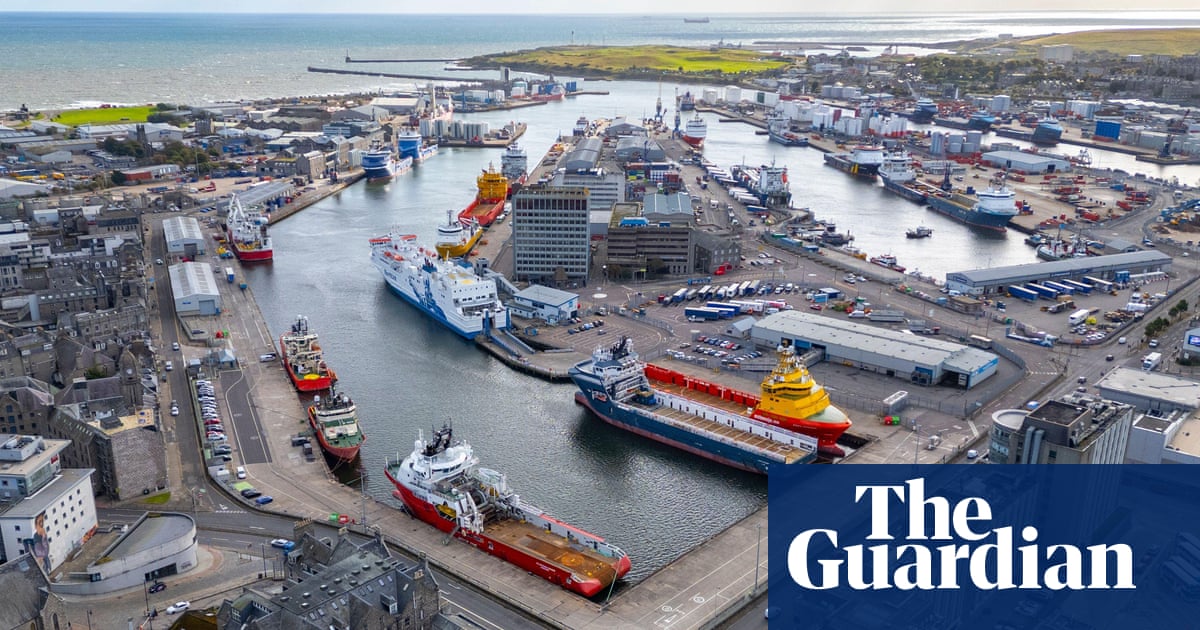- Reaction score
- 10,410
- Points
- 1,160
Decarbonization -
Carbon Capture is getting the press but decarbonization, for purposes of public relations spin, means reducing the amount of carbon spent extracting the carbon from the ground. Effectively it means more carbon to sell....
This is what Smith and Carney are talking about when they talk about pumping "decarbonized oil". A fig leaf.
We have some unexploited hydro potential left to assist in the endeavour but not enough.
One solution - uraniumization (coming soon to a dictionary near you - or thoriumization if you prefer).

 www.telegraph.co.uk
www.telegraph.co.uk
....
....
....
....
...
Personal point of preference.
I like freedom. Wires are tethers. They limit my movement and leave me at the mercy of the supplier. Gasoline gives me freedom. As do all the other carbon fuels, including trees.
Hydrogen, comparatively, is a pain in the butt to manage. But at least it leaves me untethered.
Carbon Capture is getting the press but decarbonization, for purposes of public relations spin, means reducing the amount of carbon spent extracting the carbon from the ground. Effectively it means more carbon to sell....
This is what Smith and Carney are talking about when they talk about pumping "decarbonized oil". A fig leaf.
We have some unexploited hydro potential left to assist in the endeavour but not enough.
One solution - uraniumization (coming soon to a dictionary near you - or thoriumization if you prefer).

The 32-year-old nuclear scientist busting the ‘Net Zero myth’
Dr Tim Gregory tells The Telegraph why a total re-think of our decarbonisation strategy is needed to achieve a future of sustainable energy
“That’s one of my favourite things about being a scientist. It’s a genuine, incredible source of optimism,”
Really good green technology, he says, should instead be about replacing something with an alternative that is not only more environmentally friendly, but is actually better – like the LED light bulb. “That’s exactly the kind of technology that we should be implementing more of. It’s better than what it replaces in its function, and it’s cheaper and it’s better for the environment. It’s perfect. Who can argue with that?”
“There is a doom and gloom in society, and people are demoralised,” says Gregory. “I don’t want to diminish the very real problems that a lot of people face and the big challenges that the UK faces and the world faces, but we are actually capable of doing some really cool stuff when we put our minds to it.” That’s where his Apollo programme analogy comes in. “A massive, concerted effort on the nuclear power front would solve a lot of our problems. And it’s totally achievable.”
....
“... for the foreseeable future, nuclear power represents our best shot of sensibly achieving net zero and producing all of the electricity that we’re going to need by 2050 when we’re all in electric cars and using heat pumps,”
Take France – after the oil crisis of the 1970s, the country resolved to go nuclear to protect itself from future shocks. Under the slogan, “In France, we don’t have oil, but we have ideas,” 56 reactors were built which, at their peak, supplied 70 per cent of its energy.
In Britain, just 10 nuclear reactors like the Olkiluoto-3 reactor (Edit: 1600 MW for 3.3 BUSD ~ 1600 4 MW windmills at 25% efficiency) recently inaugurated in Finland would eliminate fossil fuels from the grid. The whole of Europe, he states, would need only 170 similarly sized reactors to achieve the same result; the rest of the world, 1,500. An even grander scheme imagines a global fleet of thousands of reactors which together, Gregory calculates, could meet the world’s energy demands for a thousand years.
If that seems like a lot, it’s because it is. “That’s the scale of the net zero challenge,”
....
What of global uranium supplies? By going nuclear, are we not simply swapping fossil fuel for a geological alternative? A calculation, which Gregory describes self-effacingly as having been done on the back of an envelope, suggests known reserves of uranium, thorium and recyclable fuel could provide power for 900 years. The 4.5 billion tonnes of uranium dissolved in the world’s oceans would do for the next quarter of a million.
“It’s a resource like any other – if you can’t grow it, you have to dig for it,” he says. “But there’s plenty there to tide us over until we get fusion working. And it’s actually quite geographically distributed around the world – it’s not like any one country or small group of countries has a monopoly on it, like with oil.”
....
A chunk of Gregory’s book is devoted to countering “radiophobia” – the undue fear of radiation that has been stoked by nuclear weapons testing, disasters and popular culture. There was a forensic examination of the impact of the Chernobyl disaster, which occurred when a reactor exploded during a safety test. Gregory estimates that the true death toll – even including cancers caused by radiation exposure – “likely falls in the region of a few hundred”.
The Fukushima disaster, he notes, has only been linked to a single death, and at Three Mile Island, the worst nuclear accident in American history, “nobody died, nobody was exposed to anything above background radiation in the surrounding population”.
“The people who work with radiation every day are the people who are least afraid of it,” he says. “We’re all living in radiation anyway, all the time. There’s no escaping it.” We pause to acknowledge the glare of the sun.
....
But what of the cost? Germany’s Energiewende – its transition away from nuclear and fossil fuels to renewables, which began at the turn of the millennium but accelerated after Fukushima – provides the perfect counterpoint. Nuclear, argues Gregory, provides much better value for money than any of its rivals. For the €500 billion Germany spent on its “failed energy transformation”, Gregory writes, it could have had 40 reactors like the one built in Finland.
“With that much electricity, plus the nuclear it switched off since 2000, Germany could have entirely decarbonised its electricity supply, eliminated the need for unreliable wind turbines and solar panels, electrified all 49 million of its cars, and still have spare electricity to generate 1.7 million tonnes of green hydrogen every year.”
...
Personal point of preference.
I like freedom. Wires are tethers. They limit my movement and leave me at the mercy of the supplier. Gasoline gives me freedom. As do all the other carbon fuels, including trees.
Hydrogen, comparatively, is a pain in the butt to manage. But at least it leaves me untethered.


